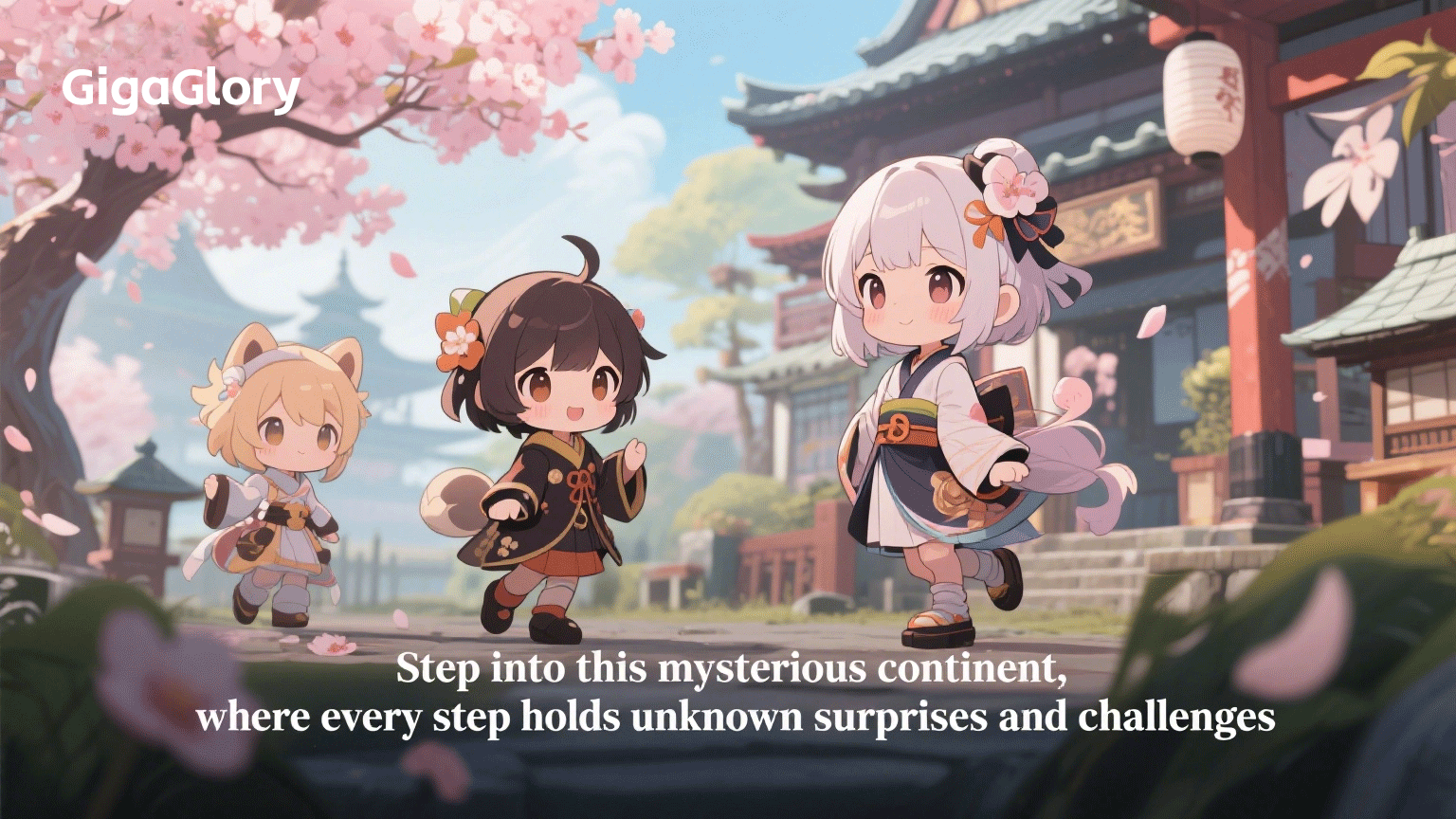Unlocking Success: How RPG Games are Shaping the Future of Business Simulation Games
In recent years, the worlds of RPG games (Role-Playing Games) and business simulation games have started intertwining in fascinating ways. This blending of genres is not just a novelty; it’s a movement that’s reshaping how we perceive both entertainment and strategic thinking. As players immerse themselves in RPG adventures, they’re subconsciously picking up valuable skills that can be transferred to the business realm. This article navigates through this interesting crossover, exciting innovations, and how they can unlock success in business simulations.
Understanding RPG Games
At its core, an RPG game allows players to assume roles of characters in a fictional setting. Players embark on adventures, make decisions, and navigate complex plots. These games often emphasize storytelling, character development, and strategic gameplay. But what defines an RPG game?
- Character Development: Players improve their characters' skills and attributes through gameplay.
- Storytelling: Narratives play a critical role, drawing players into the fictional world.
- Decision Making: Choices made by players have direct consequences on game progression.
The Impact of RPG Games on Business Simulation
Recognizing the potential of RPG elements has led to a wave of innovation in the realm of business simulation games. These games simulate operational challenges that businesses face, such as resource allocation, strategic planning, and market competition. By incorporating RPG mechanics, developers create a more engaging experience that captivates players. Here’s how:
| Feature | RPG Games | Business Simulation Games |
|---|---|---|
| Engagement | High due to narrative | Can be low without story |
| Skill Development | Character skills evolve | Strategic and operational skills enhance |
| Decision Influence | Directly impacts outcomes | Influences business results |
The Role of Strategic Decision Making
Both RPG and business simulation games require players to make strategic decisions. In RPGs, decisions affect characters’ paths, while in business simulations, they shape the future of the company. Here are some critical takeaways:
- Players learn to evaluate options based on outcomes.
- Adaptability is key as new challenges emerge.
- Resource management is crucial, much like running an actual business.
Lessons from Clash of Clans League
Let’s look at a popular example: Clash of Clans. While primarily an RPG, it incorporates many elements that resonate with business simulations. Players must manage villages, strategize about troop deployment, and engage in clan wars. The fact that such a popular RPG emphasizes strategy and resource management shows the power of blending genres. From Clash of Clans, we glean:
- Collaboration: Teams achieve more than individuals.
- Strategic Planning: Success is often about foresight.
- Risk Management: Players must constantly assess and mitigate risks involved.
Why Businesses Should Embrace RPG Mechanics
Incorporating RPG elements into business training or simulations can provide unique benefits:
- Enhanced Engagement: Making mundane tasks more fun can increase motivation.
- Realistic Simulations: RPGs create life-like scenarios that mimic real-world challenges.
- Improved Team Dynamics: Players collaborate, fostering stronger team bonds.
Building a Successful RPG-Inspired Business Simulation Game
If developers want to create a compelling simulation game using RPG mechanics, several factors should be considered:
- Story Depth: A robust story hooks users.
- Character Customization: Personalized experiences resonate more.
- Growth Opportunities: Players should feel their efforts yield real benefits.
Overcoming Challenges in Integration
While merging RPG with business simulations is exciting, it comes with challenges:
- Balancing Fun with Pragmatism: Ensuring the game teaches valuable lessons without losing engagement can be tricky.
- Defining Clear Goals: Players should know what success looks like.
- Scalability: Can the game evolve with player preferences and industry changes?
The Future of RPG in Business Simulation Games
As technology advances, the future looks promising. Imagine VR RPG simulations where players step into their characters' shoes or AI-driven narratives that adapt to player choices, providing a unique experience every time. This could revolutionize not just gaming but education and professional training as well.
Conclusion
The intersection of RPG games and business simulation games is more than just an innovative fusion; it’s a movement shaping the future of learning and engagement in the business world. By merging fun with functionality, business simulation games can prepare individuals for real-world challenges in a rapidly changing market. Unlocking success in this space means embracing storytelling, strategy, and immersive experiences that resonate deeply with players. It’s an exciting time for developers, marketers, and players alike, as creativity knows no bounds in these evolving game landscapes.



